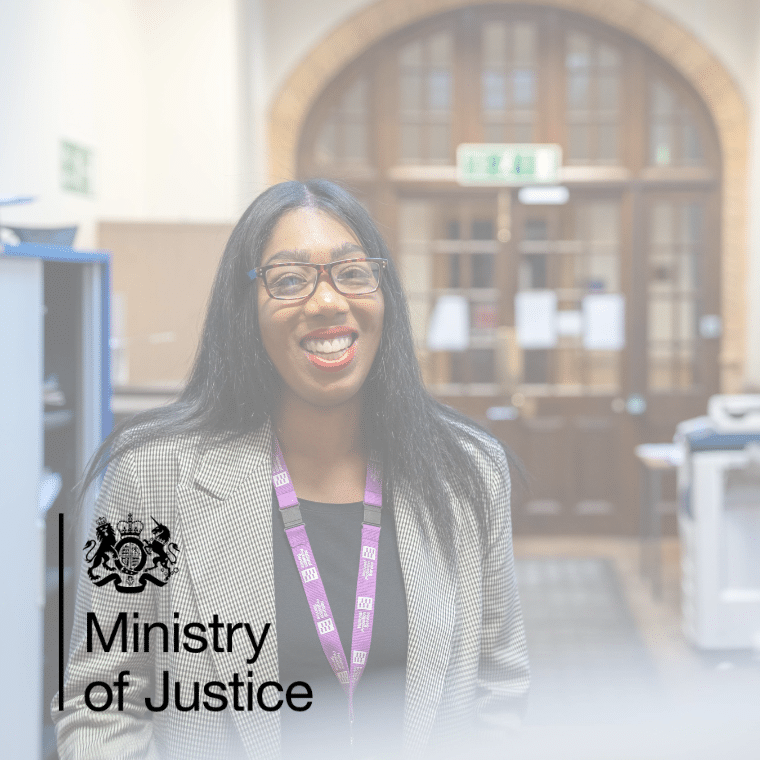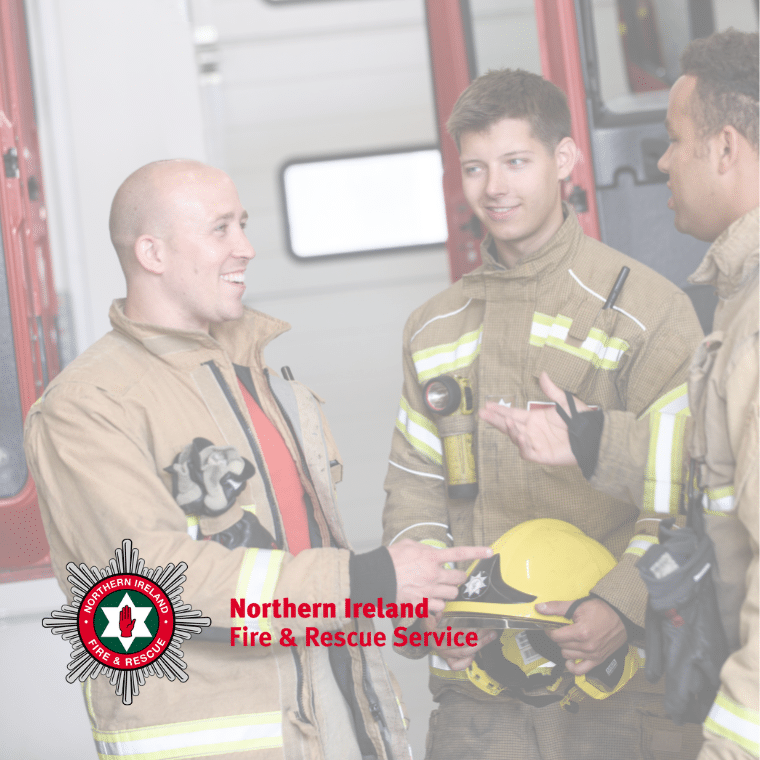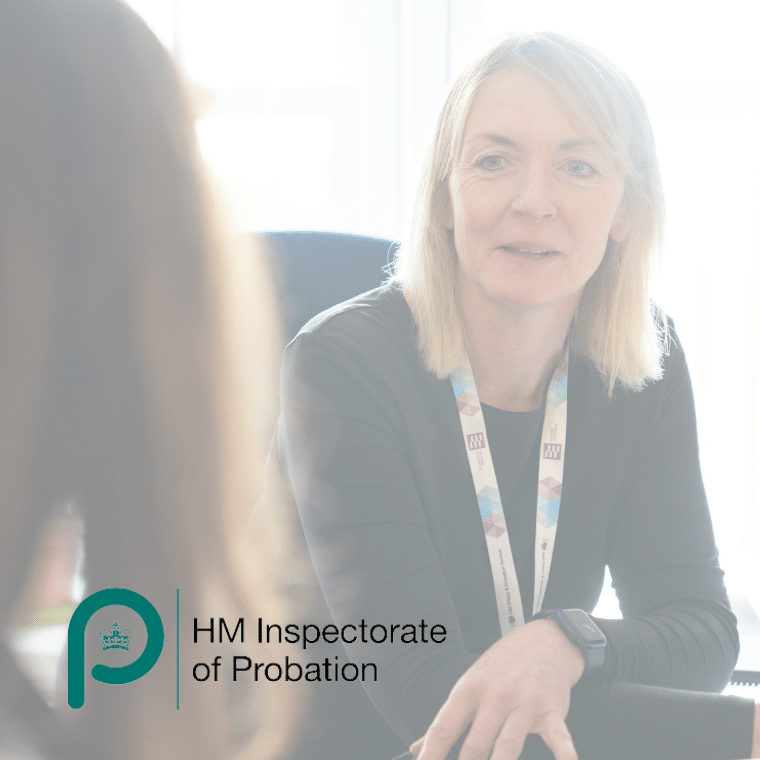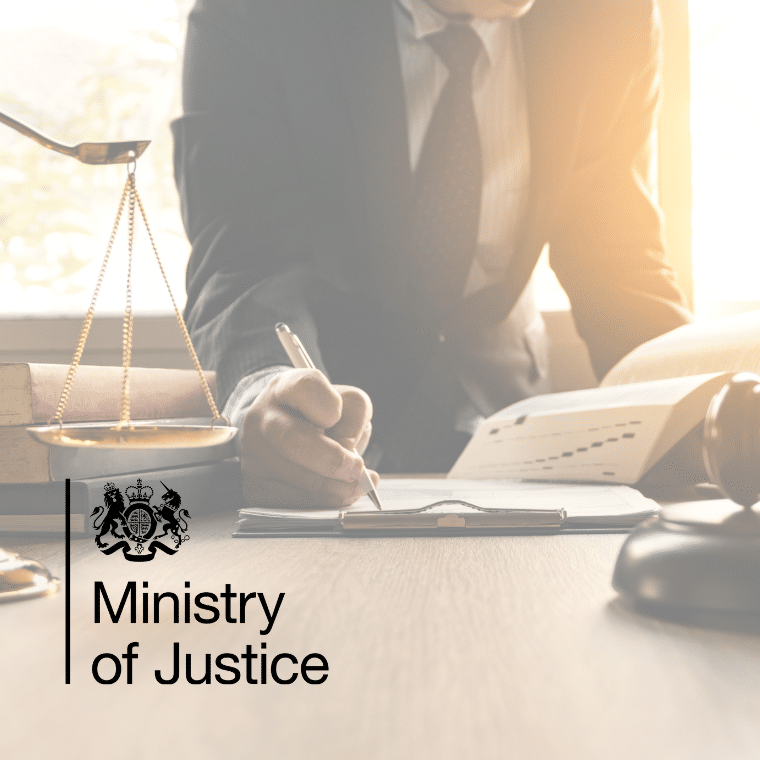We caught up with Matt Jenkins, Head of Capability at Ministry of Justice (MoJ), to talk about his recent experience of working with one of our executive coaches and the immediate impact it has had on his career progression.
What we do - Case study
Leadership and management coaching for the Ministry of Justice



Q: What motivated you to take up our one-to-one coaching?
So, I’m a qualified coach myself and I’ve been working in leadership development for a number of years and I actually believe that people involved in this area are often the last to receive ongoing support and development.
I was also keen to take up some coaching as I had recently moved into a temporary role which was a grade up from where I had been before. I really wanted the coach to help give me that time to reflect and think about what I’ve learned whilst doing that senior role because I knew that was the level I wanted to get to and that without the coaching and having the opportunity to put time aside in my diary, you just don’t get around to it.
Q: How was the coach able to support you particularly in terms of having that reflection time?
The coach helped me have that discipline of so what’s happened in the last month? What have I learned? How would that be helpful for me going forward if I get an interview for a role at this level. How can I demonstrate that I’ve worked effectively at this level and give myself the best possible chance for promotion.
Q: What was the process like and why Skills for Justice?
We’ve got various access routes to coaching at MoJ, but the Head of Capability at the time suggested I consider using Skills for Justice. I know Skills for Justice, I did an interview session for one of their online events, so I got in touch with them and the process from there was very simple.
Q: Tell us more about how you and your choice of coach came about?
I had an initial chemistry conversation and we took it from there.
But the fact I had a very good relationship with the Skills for Justice leadership and management team certainly helped accelerate the process, as they could recommend a coach that would likely be the right match for me and what I was looking to achieve from the sessions. If there had not been that good chemistry with my coach from the start I could have requested bios from their other faculty coaches.
Q: What was the pattern of your coaching in terms of schedule and working around your high-pressured job?
Ultimately it was flexible. One of the first things we talked about in the chemistry conversation was how frequently do we want this and that’s very much determined about what it is that you’re working towards? I had six 1-hour sessions and I took these over approximately 4 months, increasing the level of frequency as I was building up towards my interview.
This schedule was just about right for me because coaching is meant to be short, sharp and focused on something in particular and about getting to a result or a goal at the end of it, as opposed to say mentoring which might be more long term.
Q: The sessions were hosted virtually – did you find this an effective delivery method?
I know coaching, and you can do it remotely and actually it works pretty well virtually. As I am often based in different parts of the country it was a safer option, but I think if we ever wanted to meet up face-to-face that was also a possibility.
Q: So wind the clock forward six months, tell us how the coaching has supported you and your career progression?
The Head of Capability position became vacant as that person moved into a new role. It’s the level that I had been working at on a temporary basis so my coaching was focussed on areas such as: how am I working? What am I learning working at this different level? What’s different? This helped immensely in my application and throughout the recruitment and selection process which resulted in me being offered and accepting the position.
I would say that ultimately the coaching helped to demonstrate my own perspectives and thought processes and the senior level vision that was required for the role.
Q: What was the best bit about the coaching? What did you appreciate or learn most from this experience?
It was a space for reflection. It was a chance to build a plan, to think about your strengths, your experiences, how they would apply going forward, what you know, and the connection with the coach. For me it helped my immediate career progression. I knew what my development areas were and also what the recruiting manager for the role would be looking for, so the coaching definitely helped me to demonstrate and present examples of strategic levels of leadership instead of the day-to-day firefighting. When you’re a senior leader, or being interviewed for a senior position, you’ve got to be bold and show a bit of you and what you’re all about and what you think, not just go with the tried and tested, so that element of the coaching was a real success.
Q: What would you say to peers and those already operating at a senior executive level about the benefits of coaching?
It’s so easy to get wrapped up in what you’re doing on a day-to-day basis that actually having the time to actually go: right, so what have I done? Has it worked or not? How would that help me? How is that going to help show my strategic leadership and all of those things that I know that this role will need? It was a good way of supporting and challenging me at the same time which I think is what coaching is all about. It was really, really helpful.
Q: What are your future plans for coaching? Do you plan to use it again?
I definitely plan to use it again, and if not for myself in the medium-term, I will certainly consider it for members of my team. For instance, I have someone who is about to join, and it’s a bit of a different role to what they’ve done before, so potentially some coaching can be of some benefit and support their move.
Discover LMOD
We partner with employers to deliver strong leadership, excellence in management practice, culture change and transformation.
Find out more about our leadership and management services.
Get in touch
Get in touch with our team to find out how we can support you.
"*" indicates required fields
Customer Testimonials
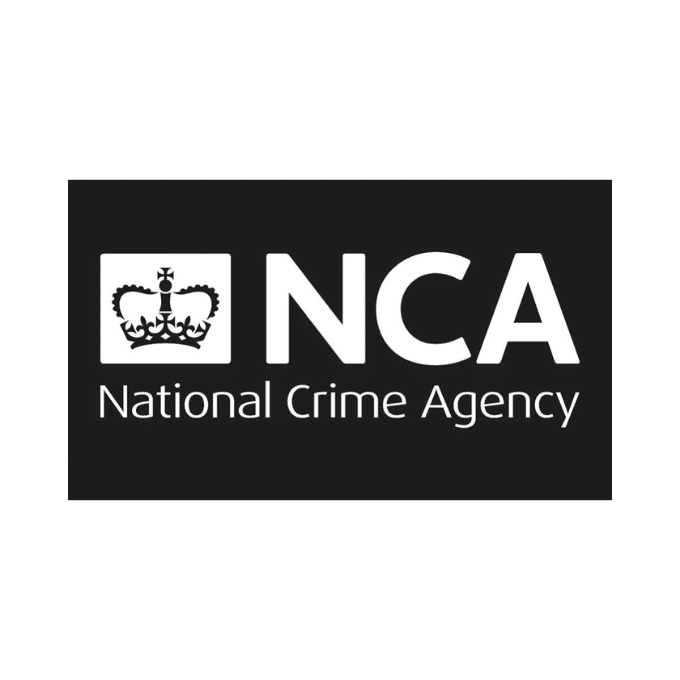
National Crime Agency – IQA Training
My assessor was excellent, she helped me so much throughout and the sessions we had were first class – providing the guidance and support that was needed and from assessment perspective, always providing feedback in a lovely but extremely professional manner. I cannot fault the service at all.
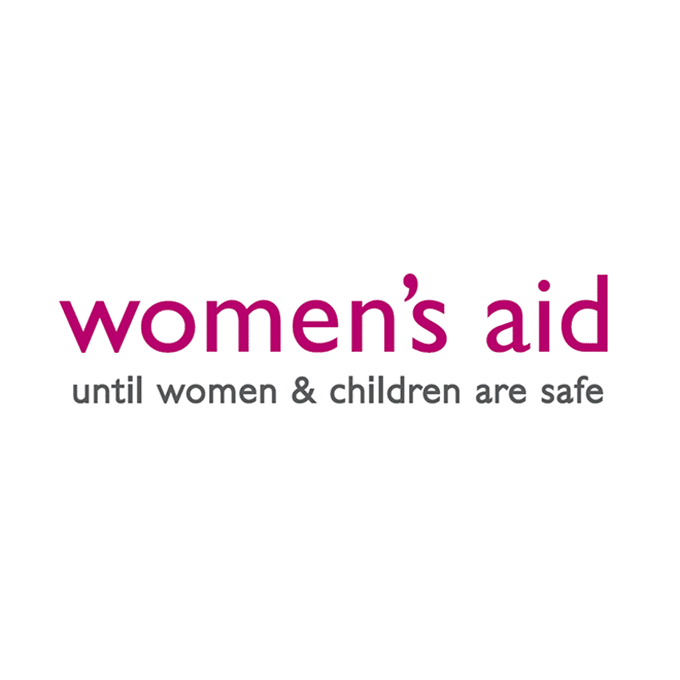
Women’s Aid
“The Skills for Justice consultancy experts helped us, but also allowed us to speak when we needed to change things. They completely understood the needs of the sector, but most importantly, they understood how to accommodate the learning requirements within the really restrictive environments that we work in.”

National Crime Agency – IQA Training 2022
My Assessor was brilliant, very helpful and patient, always prompt and punctual and always accessible. My feedback was always developmental and supportive and they made the whole process an enjoyable and interesting one,
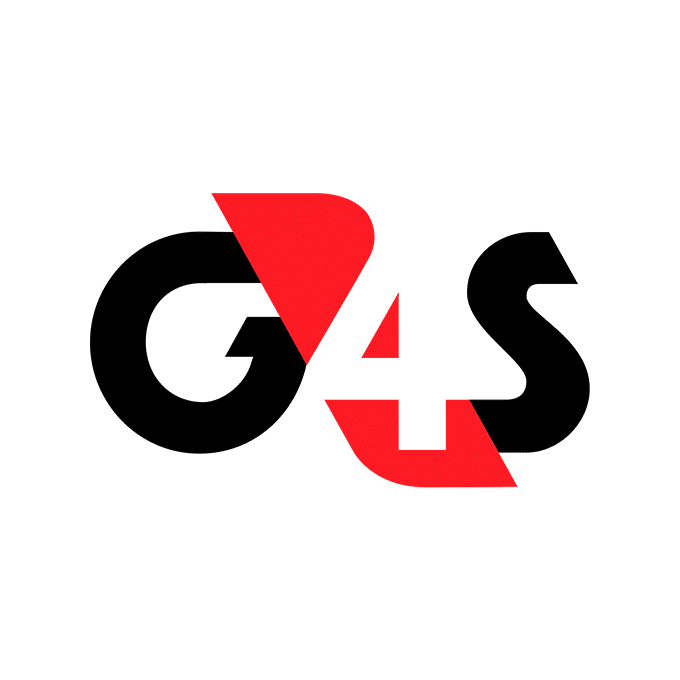
G4S
“Ambit helped us think about how to align core G4S values with the main areas of organisational life, so we are able to offer excellent support and opportunities to those we care for and get the best from our people through ongoing development and recognition of their achievements.”

